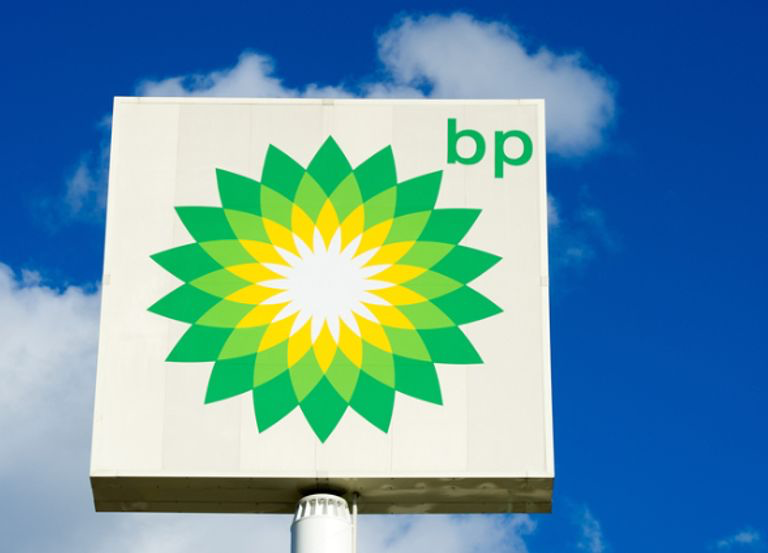KEY POINTS
- Egypt signed an exploration deal with Eni and BP to drill for oil and gas in the eastern Mediterranean and Lake Timsah.
- The agreement supports Cairo’s strategy to increase domestic energy output and secure export growth via LNG infrastructure.
- Exploration will target geologically rich zones near the Suez Basin, with further licensing rounds expected later in 2025.
Egypt has signed a fresh exploration deal with energy giants Eni SpA and BP Plc, giving the firms the green light to drill for oil and natural gas in the Mediterranean Sea. The agreement marks a deepening of Cairo’s strategic bid to ramp up domestic energy production and attract foreign investment into its hydrocarbon sector.
The exploration licenses cover a section of the eastern Mediterranean, where significant gas discoveries in recent years—such as the Zohr field—have transformed Egypt into a regional gas hub. Under the terms of the agreement, the companies will begin exploration activities immediately, with an initial well planned in the coming months in the Lake Timsah area.
“This deal strengthens Egypt’s ambitions to become a key player in regional energy supply, and it comes at a critical time for European energy security,” said a senior official at the Egyptian petroleum ministry who requested anonymity due to policy sensitivities.
Drilling Planned Near Strategic Suez Basin Fault Line
The Lake Timsah region lies along a tectonic fault zone extending from the Mediterranean through the Bitter Lakes and down to the Gulf of Suez—a geologically rich corridor long eyed by upstream players. The area’s complex subsurface structures have historically made it a high-stakes zone for drillers, but recent advances in seismic technology have revived interest.
While neither Eni nor BP disclosed the investment volume, Egyptian officials confirmed the exploration campaign is part of a broader push to boost national output, curb imports, and eventually expand exports via Egypt’s LNG terminals in Damietta and Idku.
BP, which has operated in Egypt for over 60 years, is already a partner in major gas fields such as Atoll and West Nile Delta. Eni, Italy’s largest energy company, leads the Zohr gas field—one of the Mediterranean’s largest discoveries—which has helped stabilize Egypt’s domestic gas supply in recent years.
“Our continued investment in Egypt reflects confidence in its regulatory framework and the geological potential of the Mediterranean,” a BP representative said in a statement.
Egypt has been actively reworking upstream terms and offering more favorable production-sharing contracts to lure investors amid intensifying competition from Israel, Cyprus, and Lebanon—all of which are racing to exploit offshore gas deposits.
The Egyptian government is also under pressure to maintain domestic supply amid growing consumption and constrained public finances. By drawing in major players like Eni and BP, it hopes to offset declines in legacy fields and meet long-term export targets.
As of mid-2025, Egypt produces around 6.1 billion cubic feet of gas per day, down from a 2019 peak of nearly 7.2 bcf/d. Officials say new offshore finds are essential to reverse the trend.
The latest agreement is expected to be followed by additional licensing rounds later this year, including untapped blocks in the western Mediterranean and Red Sea basins, according to sources familiar with Egypt’s energy ministry plans.
“This is a long-term play. The Mediterranean still has major untapped potential, and Cairo is doing what it can to stay ahead of the curve,” said one industry consultant based in London.



